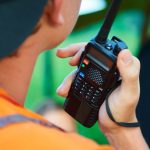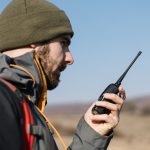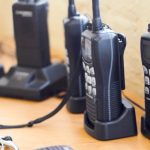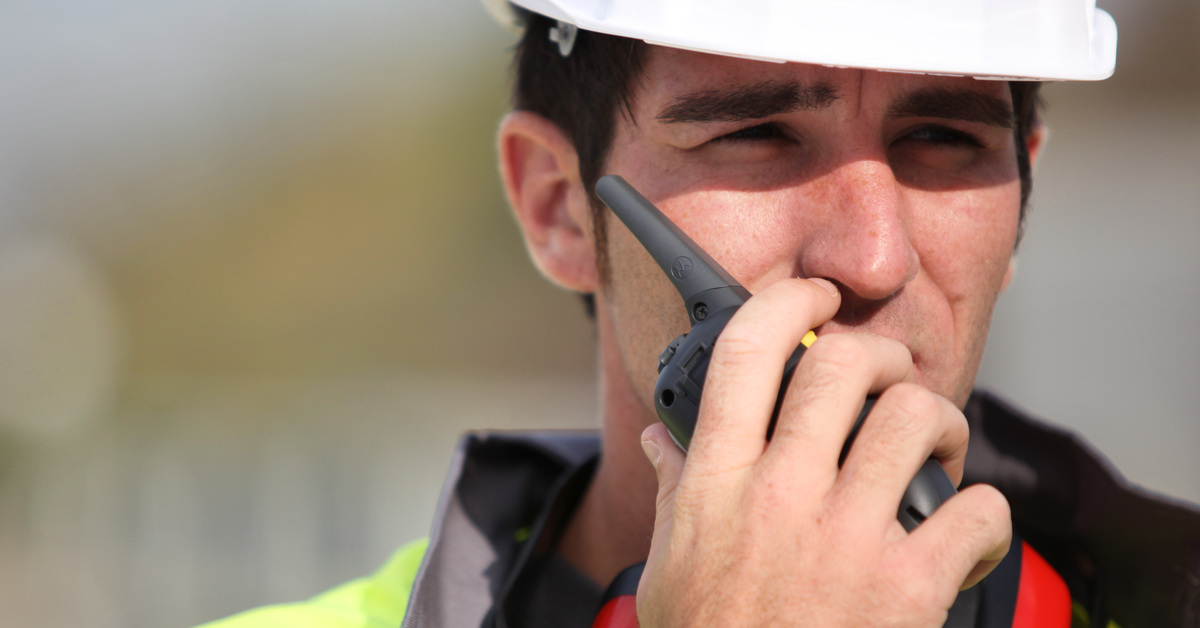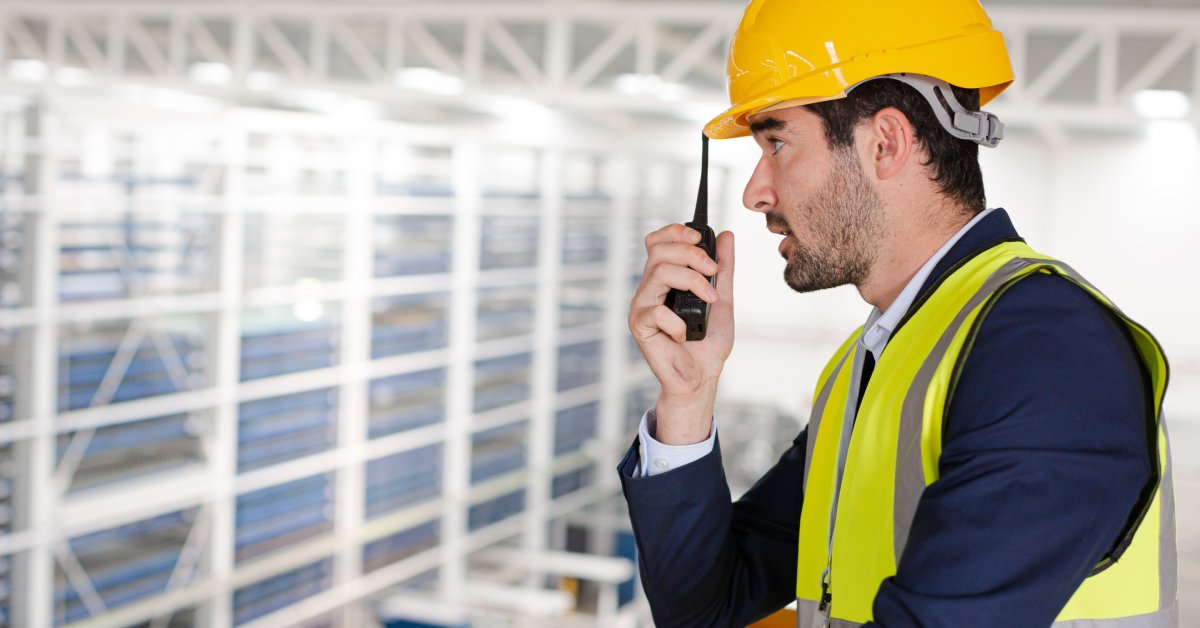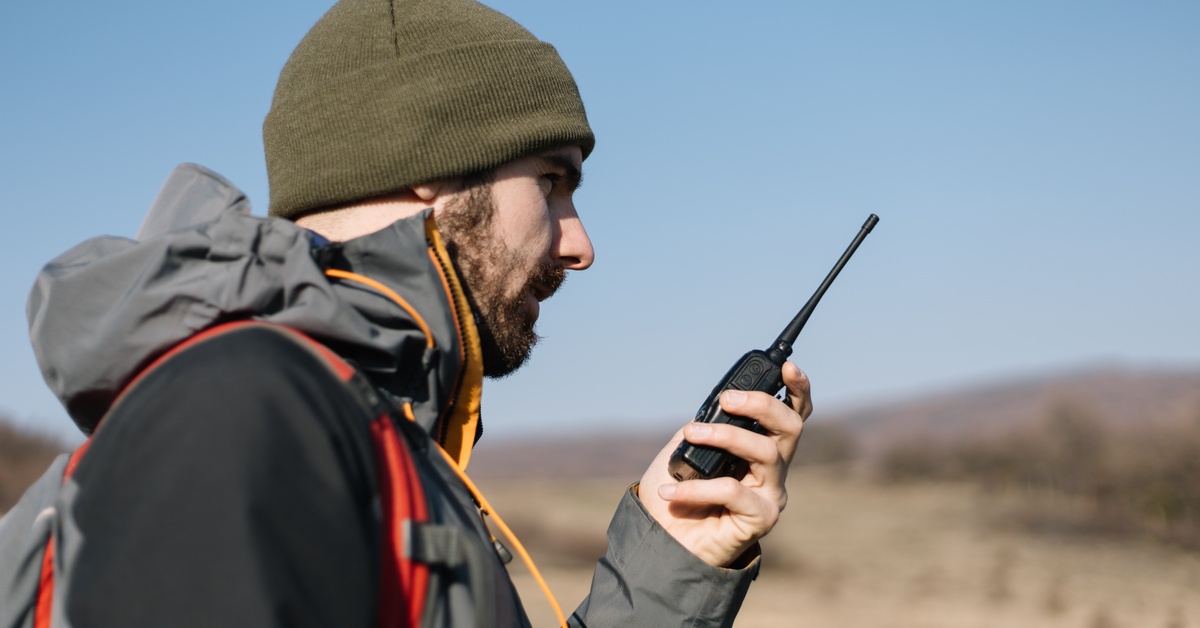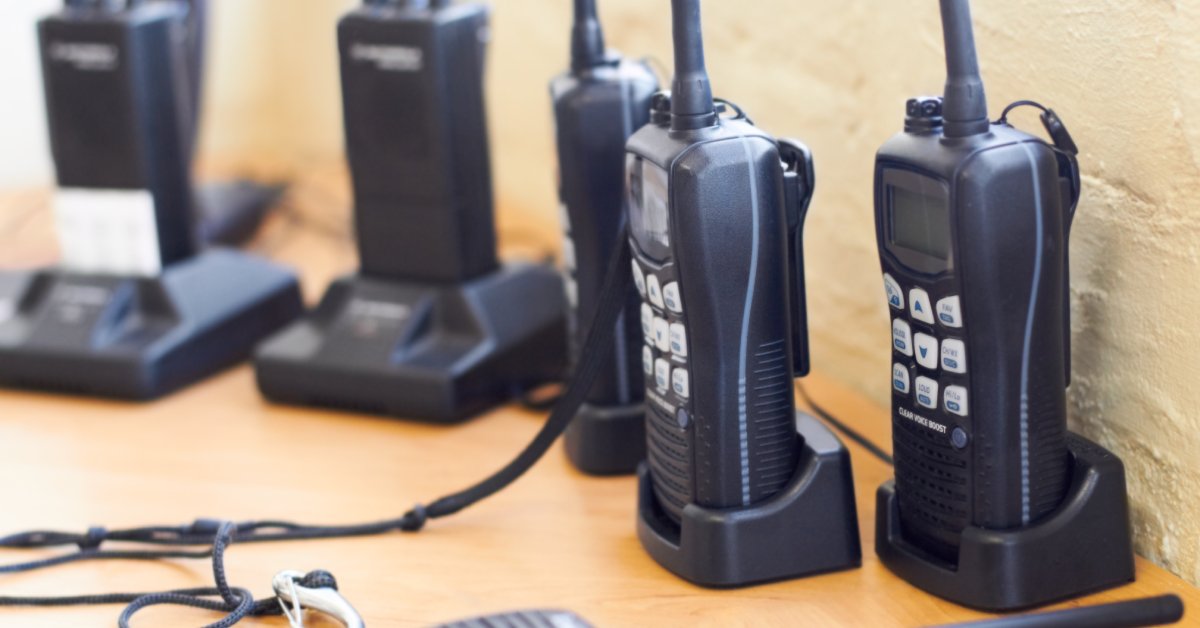Radio communication is a lifeline for a variety of industries. Whether it’s coordinating an emergency response, managing air traffic, or keeping a construction site safe, radio communication ensures operations run smoothly while minimizing hazards. But as critical as two-way communication is, it’s easy to overlook key rules of engagement.
Mastering a few basic practices significantly enhances communication efficiency, prevents misunderstandings, and improves safety. This guide will walk you through the dos and don’ts of radio communication, helping you deliver clear, concise, and professional messages in any setting.
The Importance of Radio Communication
Radios serve as a vital tool for individuals in remote or dangerous locations where communication is critical. Its primary benefit lies in enabling instant and efficient exchange of information, which can make or break time-sensitive scenarios. Effective radio communication helps coordinate teams, ensures clarity in transmitting instructions, and reduces the likelihood of errors that can lead to delays or unsafe conditions.
Additionally, it fosters collaboration and maintains operational continuity. By prioritizing clear and professional radio communication, organizations are ready to handle both routine tasks and emergencies effectively.
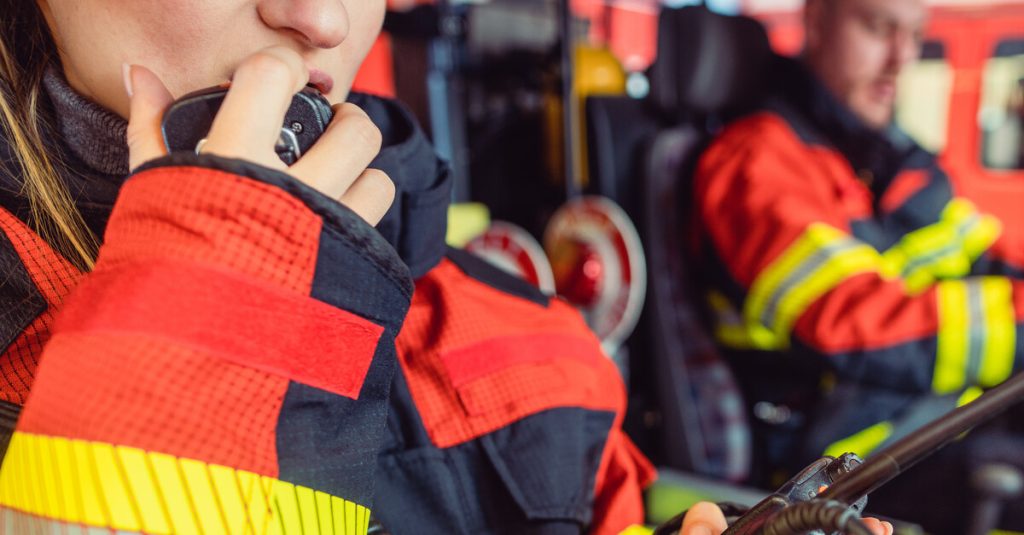
Industries Where Radio Communication Is Essential
The importance of radio communication cuts across many industries, some of which depend on it to save lives and prevent disasters. These include:
- Emergency services: Firefighters, paramedics, and police, radio communication provides prompt and coordinated action during emergencies.
- Aviation and maritime: Air traffic controllers and ship captains rely on radio systems to avoid collisions and coordinate logistics.
- Construction and engineering: Worksites frequently use loud machinery, making two-way radios essential for effective communication.
- Event management: When coordinating large-scale events like festivals or conferences, radios facilitate real-time collaboration among multiple teams.
- Logistics and transportation: Radio communication helps streamline vehicle operations, track shipments, and manage warehouses.
For anyone working or operating in these fields, basic radio communication skills are a must.
The Dos of Radio Communication
1. Keep Messages Clear and Concise
Radio communication facilitates quick and efficient messaging. Get straight to the point; eliminate unnecessary information so people can easily understand each message.
Use short, clear sentences and avoid overloading the receiver with too much information at once. For example, instead of saying, “I was thinking that we might need to move the supplies over to the north side later, but I’m not sure when,” say, “Move supplies to the north side by three p.m.”
2. Use Standardized Phrases and Tools
Familiarity and consistency save time and prevent confusion. For instance, rely on commonly understood phrases like “Copy that” or “Stand by.”
Additionally, numbers and letters can be misheard over the radio, especially in noisy environments. Adopting the NATO phonetic alphabet—Alpha for A, Bravo for B, Charlie for C—ensures accuracy. Instead of saying “B twelve,” say, “Bravo one two.”
3. Conduct Regular Radio Checks and Use Call Signs
Testing your radio before arriving at work is important. Regular radio checks confirm that devices are functioning correctly and reduce missed or delayed communication.
Using call signs, unique identifiers assigned to people or teams, also helps messages reach the right recipient. One example is to say, “Delta Team, do you copy?” rather than addressing the recipient by name.
4. Maintain Professionalism and Courtesy
Radio communication reflects directly on your team or organization. Keeping communication professional and polite ensures clarity and mutual respect. Always end transmissions with phrases including “Over” and “Out” to signal completion. Resist raising your voice, even in stressful situations.
The Don’ts of Radio Communication
1. Avoid Jargon and Ambiguous Language
Messages should be universally understood, even by someone new to the team. Excessive jargon or regional slang can confuse recipients. Instead of saying, clarify with, Use clear language like, “The workspace is clear and ready,” instead of, “The workspace is all good.”
2. Don’t Overuse Filler Words
Filler words like “uh” and “um” can cause confusion or make you sound uncertain. They might also waste precious seconds during time-sensitive situations. Always think before you press the push-to-talk button.
3. Never Share Sensitive Information on Open Channels
Radio channels are frequently unsecured, meaning others could intercept transmissions. Avoid broadcasting sensitive or confidential details, such as personal data, security protocols, and proprietary information.
4. Don’t Ignore Radio Protocol or Etiquette
Proper protocol is not just formality; it supports efficiency during exchanges. Wait for a free channel before pushing to talk. Avoid interrupting other speakers mid-conversation. Always identify yourself or your team when initiating communication.
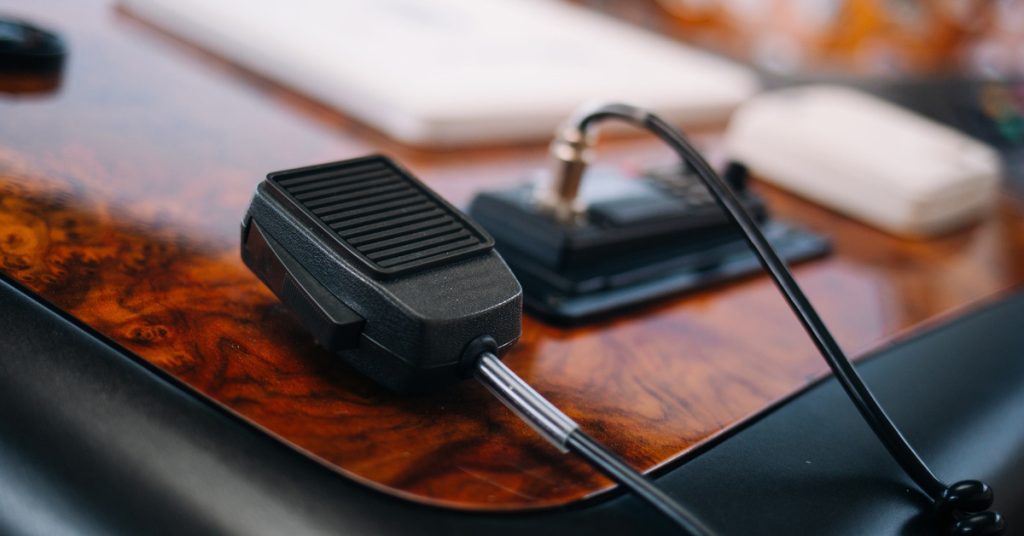
Types of Radios
There are several types of radios available, each designed to meet specific communication needs:
- Handheld two-way radios or walkie-talkies are portable devices perfect for short-range communication. They are widely used in industries like construction, retail, and event management.
- Mobile radios are common in vehicles and used for communication over long distances, such as transportation and field service operations.
- Base station radios are stationary units frequently used in office settings or dispatch centers to provide a central point of communication for large teams.
- Digital radios offering clear audio and enhanced features like GPS tracking and text messaging, digital radios for modern, interconnected workplaces.
- Satellite radios facilitate communication in remote areas using satellites to transmit signals when traditional radio coverage isn’t available.
Tips To Improve Radio Communication Skills
1. Regular Training and Practice
Consistent practice is critical, even for experienced radio operators. Invest in training sessions to role-play different scenarios to improve reaction times and messaging clarity.
2. Use Technology for Enhanced Clarity
Modern radios and headsets commonly feature noise suppression that filters out background distractions. Choosing reliable, high-quality equipment greatly improves transmission clarity.
3. Focus on Team Communication Strategies
Successful communication is a two-way process. Encourage team exercises to establish a shared understanding of best practices for radio use, including clear protocols for emergencies and standard operations.
4. Review and Learn From Past Communications
Analysis of past communications, particularly during incidents or emergencies, can highlight strengths and areas for improvement. Use recordings to review how users delivered and received messages.
5. Foster a Culture of Feedback
Encourage team members to provide constructive feedback on communication practices. Open discussions about what works and what doesn’t will refine strategies. Regular feedback sessions can lead to more cohesive, effective communication within the team.
Excellent Radio Communication Is a Skill Worth Mastering
Whether you’re responding to an emergency, managing a hectic construction site, or running an event, effective radio communication is indispensable. Following the dos and don’ts of radio communication will make sure your team functions like a well-oiled machine.
To elevate your radio communication skills, you’ll need a reliable power source for your device. At Battery Distributors, we offer two-way radio batteries that won’t let you down when it matters. Together, we can ensure every radio transmission is loud and clear.



